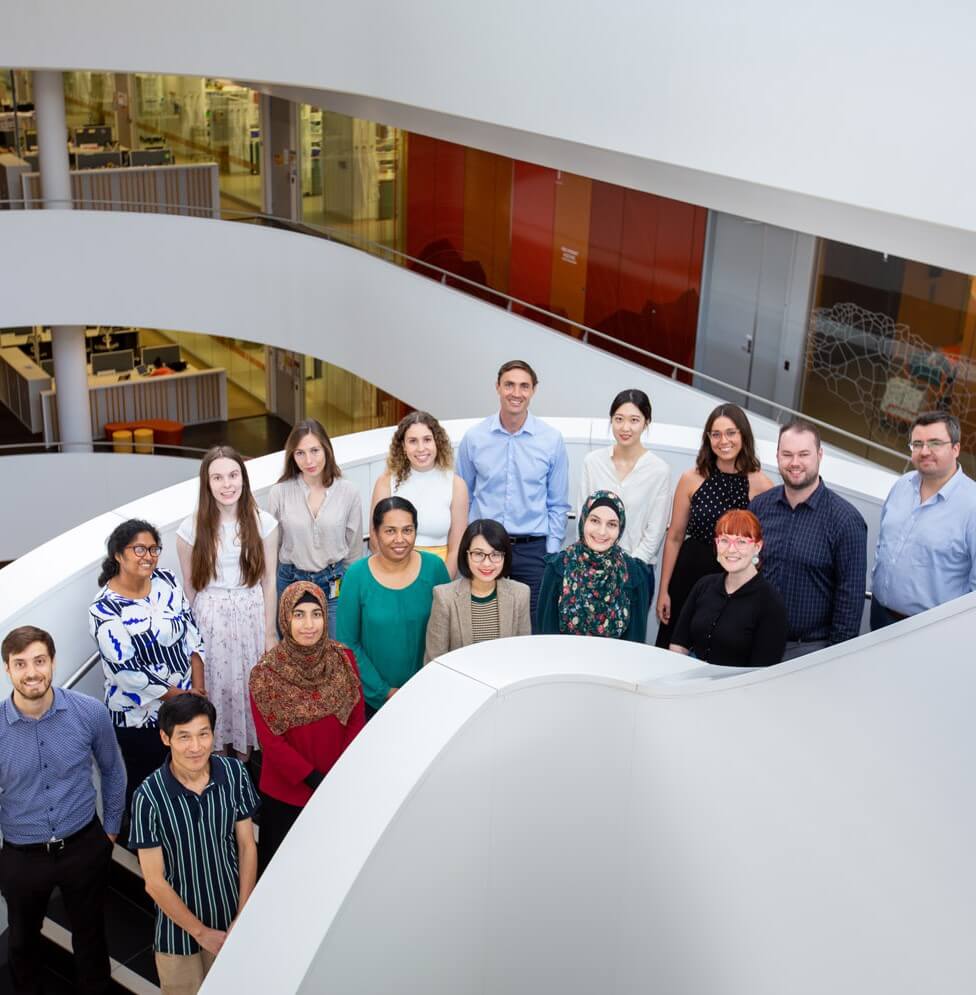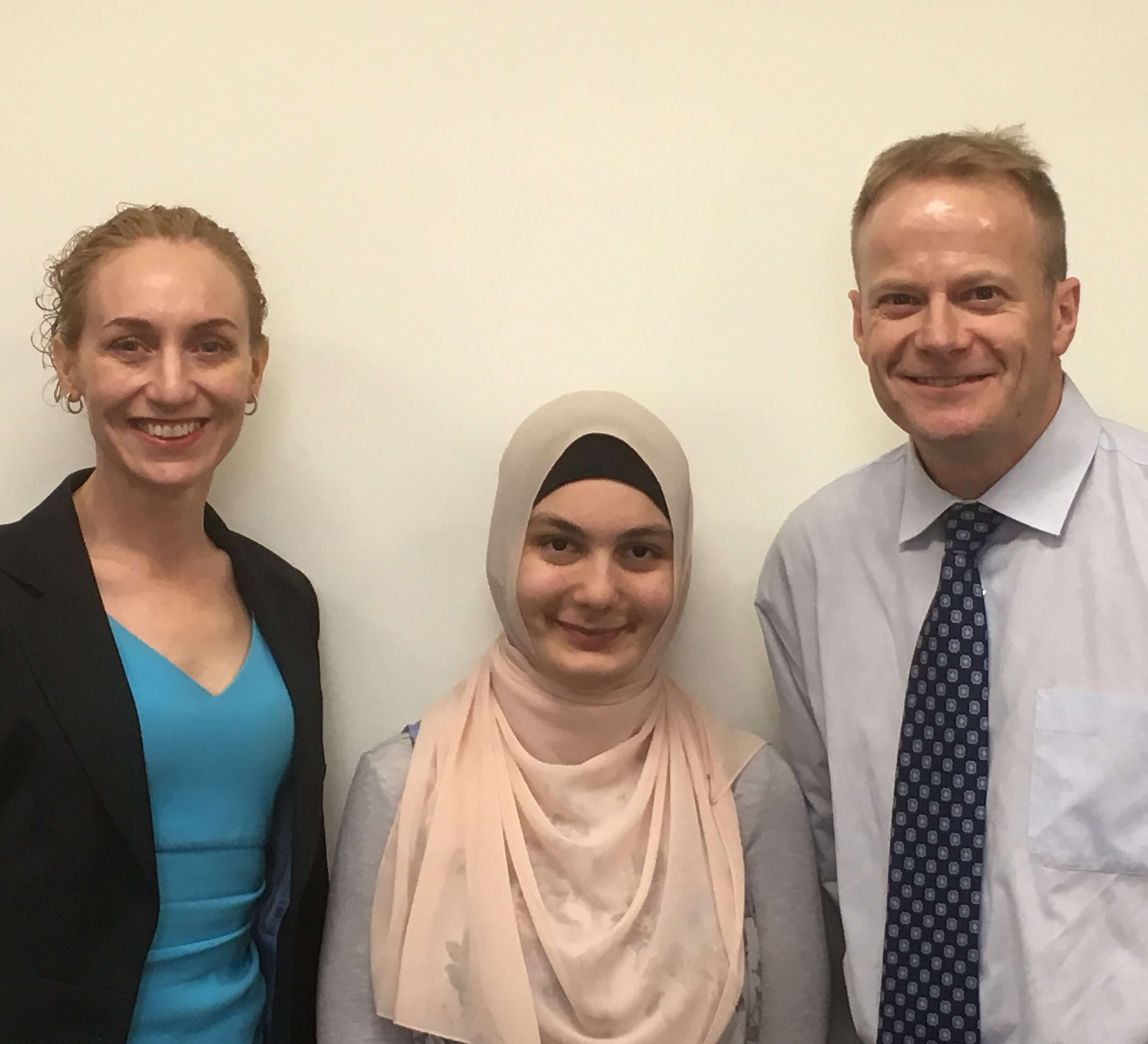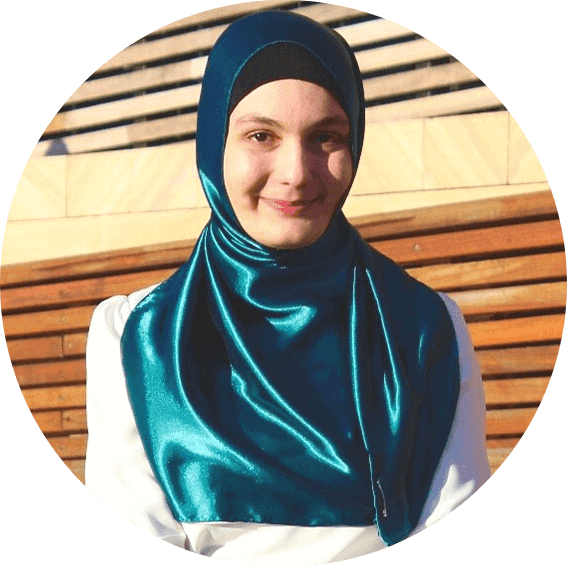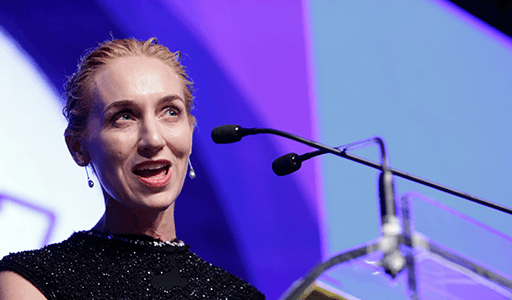For 2021 International Women’s Day, we interviewed Dr Gide about her research using precision medicine to deliver effective immunotherapy treatment for advanced cancer patients.
We also found out why she believes confidence is essential to success and her hopes for the future of women in cancer research.
An innate drive towards cancer research
Since she was a child, Dr Gide always planned to do a PhD.
“My parents have always held a high regard for education. Dad finished his PhD when I was little, and my mum has two Masters and she’s doing her PhD now,” Dr Gide says. “They’ve always supported me in continuing on the path of education.”
The pull towards cancer research came just as naturally for Dr Gide. “I think my parents’ passion for research was also passed onto me. I was always interested in the field, and when some family and friends were diagnosed with cancer, I decided that cancer research was where I could put my skills to use and benefit society the most.”
In 2015, Dr Gide started her PhD at the esteemed Melanoma Institute Australia (MIA). This is where she began her fellowship research focusing on personalised immunotherapies for advanced cancer patients.
“The Cancer Institute NSW fellowship grant will help me continue the research I started during my PhD. I'm finally at the stage where we can start the pilot study testing in a clinical setting, which has always been the ultimate goal.”
- Dr Tuba Nur Gide, a recipient of the 2021 Early Career Fellowship grant
Shifting from a 'one drug fits all' approach
Dr Gide’s fellowship research seeks to identify which patients will respond to particular therapies.
Immunotherapy, a treatment that stimulates the body's immune system to fight cancer, is an effective treatment for many patients with advanced melanoma. However, more than 50% of patients end up developing resistance to the treatment, and it can also cause significant life-altering side effects.
Dr Gide and her colleagues have been working on developing a panel of predictive tests using the clinical factors of the patient and different properties of tumours. “The test will help identify which patients will respond to immunotherapy, and who may benefit from an alternative therapy,” Dr Gide explains.
Dr Gide will also be assessing the accuracy and benefit of the test to patients with advanced cancer. She will try to determine whether the test can help reduce both the drug-related side effects for the patient and the costs to the health care system.
“The main goal of my research is to move away from the 'one drug fits all' approach towards a precision medicine approach to deliver effective immunotherapy to patients.”
A lifetime of choosing to challenge
“Choose to challenge – that slogan pretty much sums up my life!” This was Dr Gide’s response when asked to reflect on this year’s International Women’s Day theme.
“As a young female in research and as a Muslim, simply choosing to have a career in science and cancer research was a challenge,” Dr Gide says.
“There were times I doubted that I’d be able to achieve what I set out to do,” she reflects. “But thankfully, I have an amazing support system. My family, friends, mentors and supervisors helped me overcome the obstacles I’ve faced.”
Dr Gide particularly acknowledged her fellowship supervisors, Professor Georgina Long (pictured left), Professor Richard Scolyer (pictured left) and Dr James Wilmott, who are all previous recipients of Cancer Institute NSW research awards.
“I am incredibly grateful to have Professor Long, Professor Scolyer and Dr Wilmott as my mentors. They have supported and encouraged me in everything I've done, and this has increased my own confidence in achieving my goals.”
Looking forward to a future of positive empowerment
Dr Gide believes that self-confidence is key when it comes to forging a successful career as a woman in cancer research. She also believes that increased female representation in positions of leadership is an essential source of encouragement for young women.
“It’s so important that we have women in leadership roles, so that we as young female researchers can see that it's achievable,’ Dr Gide comments. “It could also help alleviate any self-doubt we have. Imposter syndrome is something many people struggle with, but particularly women in research.”
Along with more women in leadership, Dr Gide feels that normalising flexible working hours and working from home are ways to empower women in research. “This would especially help women who have young children and family responsibilities. It would help ensure that they do not have to choose one or the other – family or their career. They would be able to continue their career trajectory and truly have it all.”
“My vision for the future of women in cancer research is a workplace culture that fosters positive empowerment of women. Women should have more opportunities for exposure and be completely supported to step into positions of leadership.”
Dr Tuba Nur Gide is a postdoctoral researcher at the Melanoma Institute Australia (MIA). You can learn more about her experience at LinkedIn. You can also find out more about other recipients of the Cancer Institute NSW’s 2021 career support grant recipients.




